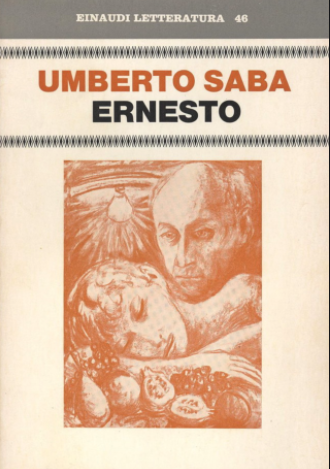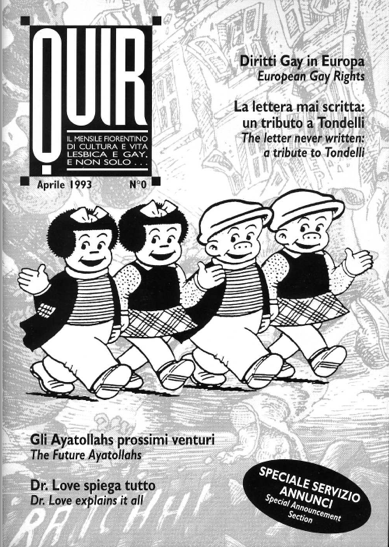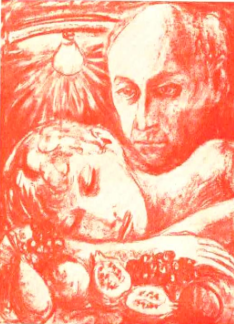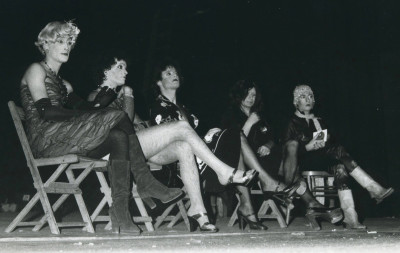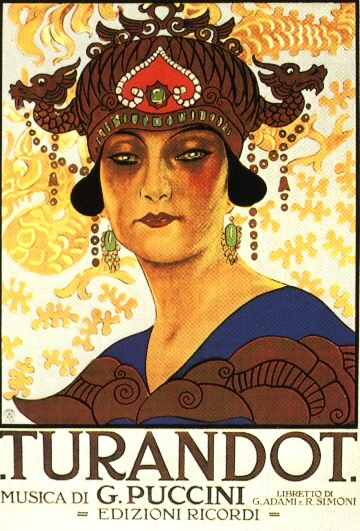2.Working in the Shadows: Collaboration as Queer Practice
by Sole Anatrone & Julia Heim
With this article we invite the reader to participate in our multimediatic conversation about collaboration as a queer practice. We map out the ways working together can be generative through an elaboration of the queer theoretics of collaboration as a moving, living evolving archive. Through the example of our translation of Smagliature, a book written by several transnational transfeminist groups, we show how collective scholarly work done outside the university calls into question established practices and frameworks of academic legitimacy.


